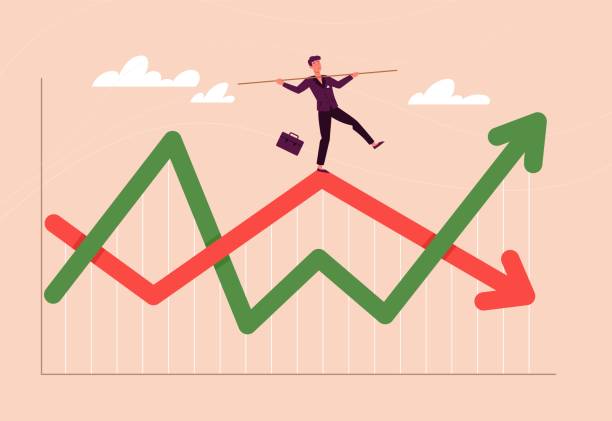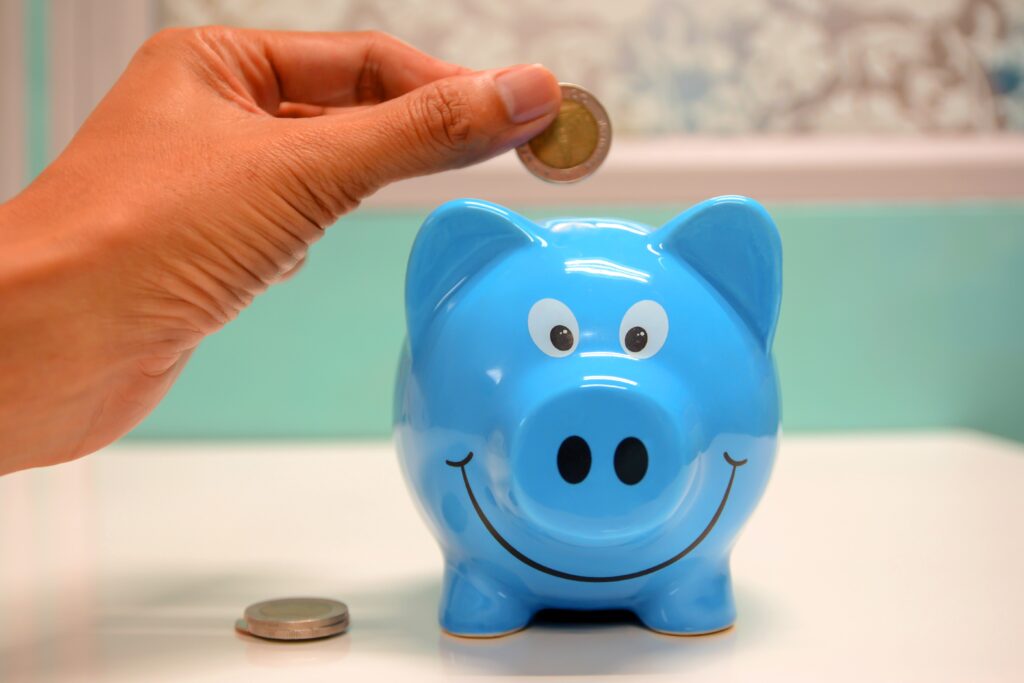By Premium Store
/ August 10, 2023
Technical analysis is an essential component of trading, and one popular tool that traders often use is Fibonacci retracement levels....
Read More
Breakout Trading: A Strategy for Active Investors
By Premium Store
/ July 6, 2023
Breakout trading is a popular strategy used by active investors to take advantage of price movements in the early stages...
Read More
Understanding Trendlines: A Powerful Tool for Traders and Analysts
By Premium Store
/ July 1, 2023
In the world of trading and financial analysis, trendlines play a crucial role in helping traders predict the direction of...
Read More
Market Sentiment Indicators: Understanding Investor Psychology and Market Behavior
By Premium Store
/ June 27, 2023
Investing in the stock market is not just about analyzing numbers and financial data. It also involves understanding the human...
Read More
Understanding the Intricacies of Market Volatility
By Premium Store
/ June 24, 2023
The stock market is an ever-changing landscape. The constancy of change is the only thing that remains constant. Market indexes...
Read More
Mastering Pullbacks Strategies in Trading: Strategies, Entry Points, and Risk Management
By Premium Store
/ June 23, 2023
Pullbacks in trading can present excellent opportunities for traders to enter or exit positions at favorable prices. However, profiting from...
Read More
Higher Highs and Higher Lows in Trading
By Premium Store
/ June 18, 2023
Introduction In the world of trading, understanding the nuances of market structure is crucial for success. Terms like higher highs...
Read More
Demystifying the Falling Wedge Pattern
By Premium Store
/ June 12, 2023
As an investor or trader, understanding various chart patterns and technical indicators is crucial to making informed decisions. One such...
Read More
Mastering the Rising Wedge Pattern
By Premium Store
/ June 11, 2023
A rising wedge pattern is a popular chart pattern that traders use to identify potential reversals in the market. In...
Read More
The Three Black Crows Candlestick Pattern
By Premium Store
/ June 10, 2023
What are Three Black Crows? The Three Black Crows is a term used in the world of technical analysis to...
Read More











